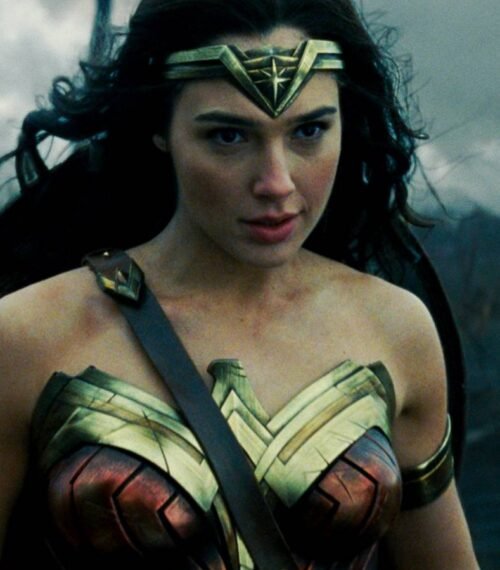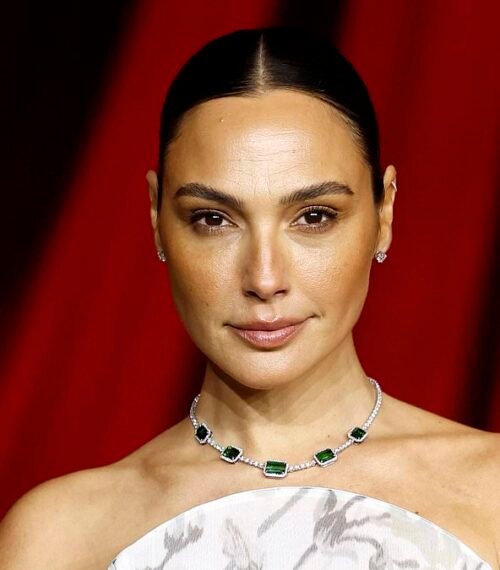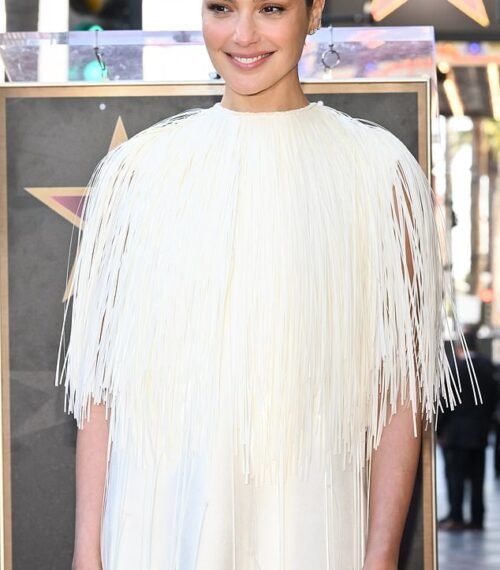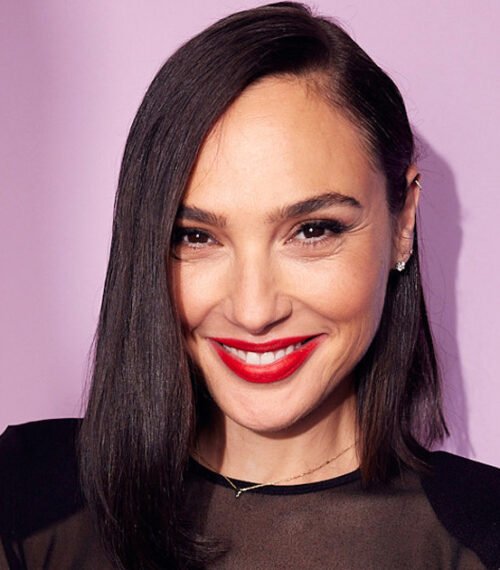Gal Gadot, the internationally acclaimed actress best known for her role as Wonder Woman, recently faced a significant backlash on social media. The star, who has amassed a massive following due to her talents and her charisma, experienced an unexpected and sharp decline in her follower count soon after sharing a story in support of Eden Golan. The news took the digital world by storm, igniting heated debates around the intersection of celebrity influence, political views, and social media dynamics.

The controversy began when Gadot posted a story on her Instagram account endorsing Eden Golan, a name not widely recognized beyond specific circles. Eden Golan, an Israeli political figure known for her hardline stance on certain contentious issues, has always been a polarizing figure. Gadot's endorsement came as a surprise to many of her fans, who had not previously associated her with outspoken political affiliations. Her story cited Golan's dedication to peace and security and urged her followers to support Golan's initiatives.
Almost immediately after the post, the reaction was swift and fierce. Many of Gadot's followers were quick to express their disapproval, citing Golan's controversial views and actions. The actress's social media accounts were flooded with comments from disgruntled fans, with some accusing her of supporting divisive politics. The discontent translated into action, as many chose to unfollow her in protest. The numbers were staggering; within days, Gadot’s follower count dropped by almost a million.

Social media analysts have pointed out that this incident highlights the precarious nature of celebrity endorsements in today’s interconnected world. Celebrities walk a tightrope, constantly balancing their personal beliefs with the expectations and diverse opinions of their global fanbase. Gadot’s situation exemplifies the immediate consequences that can arise when this balance is upset.
Observers are split on the matter. Some believe that Gadot, like any individual, has the right to voice her opinions and support whichever causes she believes in. They argue that it's unfair for public figures to be muzzled simply because their views might not align with those of their followers. On the other hand, critics argue that celebrities have a responsibility, given their influential status, to be more cautious and considerate in their public statements, as their endorsements can have far-reaching implications.

For her part, Gadot has remained relatively quiet since the incident. She has neither retracted her support nor addressed the follower exodus openly. Close sources suggest that the actress is unperturbed by the dwindling numbers and stands by her stance, reflecting her commitment to speaking her truth, regardless of the backlash.
The episode involving Gal Gadot and Eden Golan is a microcosm of a larger, more complex dialogue about the role of celebrities in political and social advocacy. It underscores the potent impact of social media dynamics on the careers and public perception of celebrities today. Whether this follower debacle will have lasting effects on Gadot’s career remains to be seen, but one thing is clear: the power and peril of wielding influence in the digital age have never been more evident.















































































































